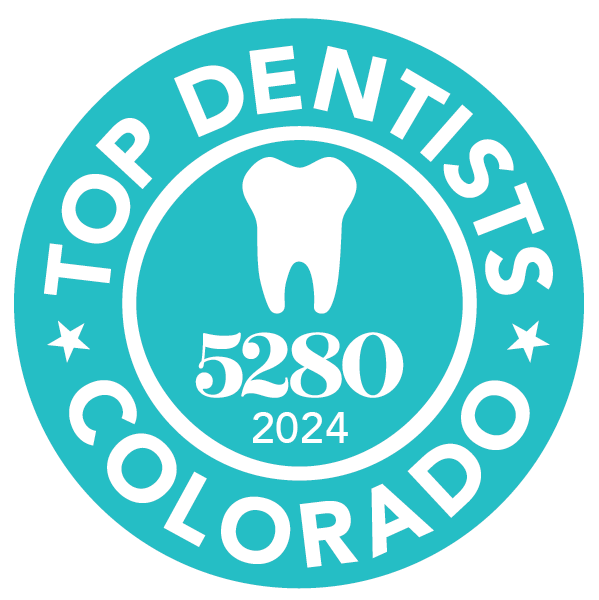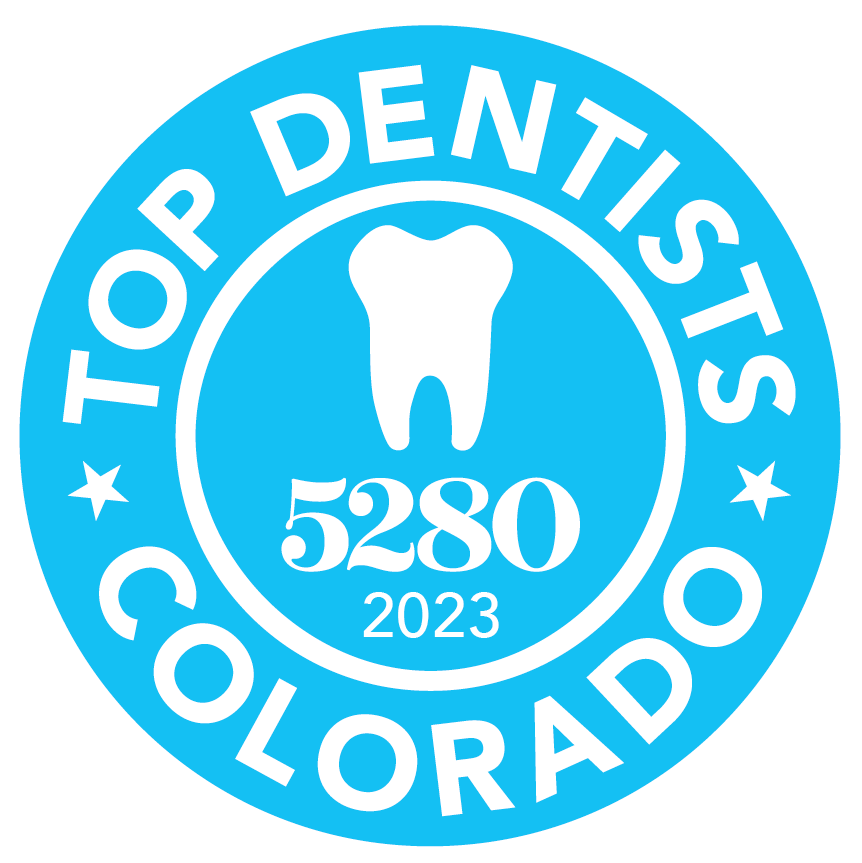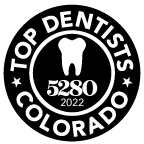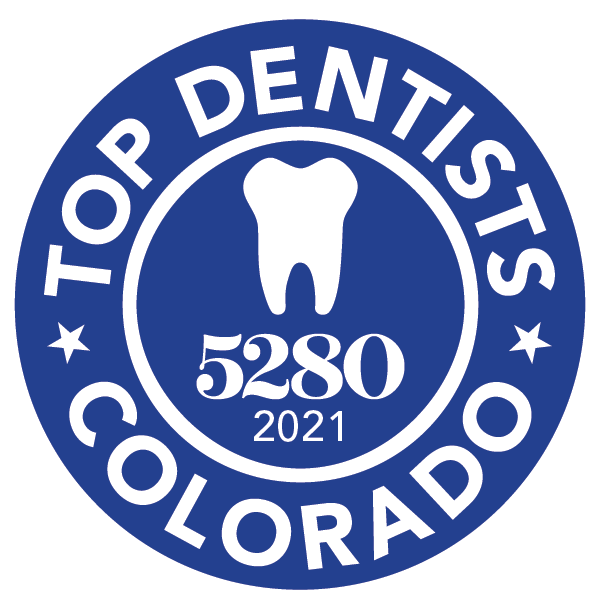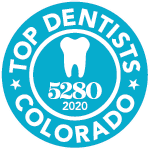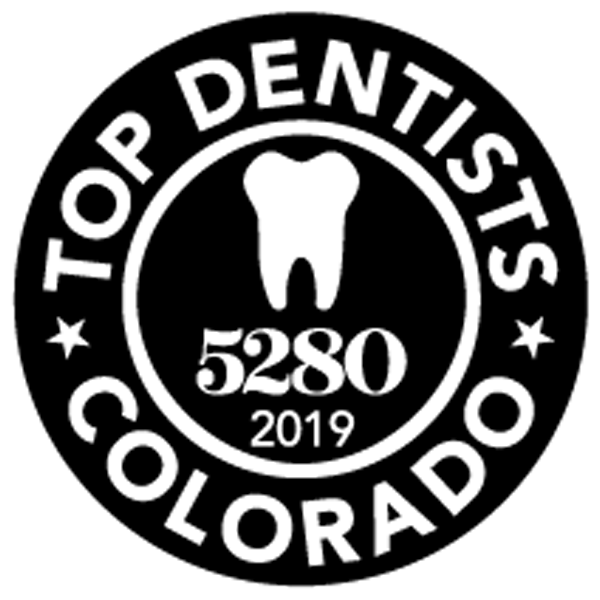Dental implants are an incredible alternative to other types of tooth restoration options. They can be utilized to replace a single missing tooth or multiple missing teeth. Instead of dentures, which have a tendency to slip and cause problems with eating and speaking, dental implants can be placed that look and function similar to your natural teeth. Dental implants can also be placed to help stabilize your dentures.
Dental implants consist of artificial tooth roots, which serve as a permanent base for artificial teeth. They are an effective and increasingly popular long-term solution for those who suffer from chronic dental problems, have trouble with dentures, or are missing some or all of their natural teeth.
At Littleton Implants & Periodontics, we use top of the line medical-grade titanium and zirconium alloy implants, which will eventually fuse together with your jawbone. This is the sturdiest and most secure anchor for artificial teeth that feel, fit, and function very similar to your natural teeth. You won’t experience the eating and speaking problems that are common with dentures, and you can take pride in your smile!
Anatomy Of Dental Implants
Dental implants consist of three parts:
- Implant – The implant itself is a titanium screw that will act as the root for your new artificial tooth. This is the part of the new tooth that will fuse with the jawbone.
- Abutment – The abutment is a connector that will connect the implant to the artificial tooth.
- Crown – The crown is the artificial tooth that screws or cements onto the abutment. These are usually made from porcelain and zirconium for aesthetic reasons.
Implants can be used to replace a single missing tooth, multiple teeth, or even an entire upper or lower set of teeth. If you need a full set of teeth replaced, either on the top, the bottom, or both, you may be a candidate for the all-on-four procedure.
All-On-Four Implant Procedure
With the all-on-four implants, Dr. Jenkins will place 4-8 implants along either the upper or lower arch. A full set of teeth will then be anchored onto these implants. This prevents you from needing an implant for each individual missing tooth. All you’ll need are these strategically placed implants on the upper and/or lower arch and you’ll have a full set of beautiful teeth.
PLACEMENT OF DENTAL IMPLANTS
There is one aspect of receiving dental implants that you may want to prepare yourself for – It’s a process, not just a procedure. There are several stages of the surgery with a few months of healing time between each stage. You’ll need to be prepared to dedicate some time in order to place and restore your dental implants.
Below are the stages of dental implant surgery:
- First, the damaged tooth (or multiple teeth) will be removed.
- Next, a bone grafting procedure called ridge preservation will be completed at the same time of the extraction. A bone graft will be placed into the extraction socket to help the socket heal and prevent bone shrinkage during healing. It is important to have sufficient bone thickness and bone height in order to place a dental implant.
- After approximately 4 months of healing, a guide will be made and a CBCT 3D scan will be taken to evaluate the amount of bone width, height, and position of any adjacent anatomical structures. If there is insufficient bone width and/or height on the CBCT scan, additional bone grafting or sinus elevation and healing times may be needed. If sufficient bone is present, then the next step is to complete the implant surgery.
- During the implant surgery, the dental implant will be placed into the bone. 3 additional months of healing will be needed to allow time for the implant and the bone to fuse together.
- After 3 months of implant healing, the restorative dentist will take impressions to start making the abutment and the crown to be placed on the implant.
It is important to know that Dr. Jenkins uses only the top of the line dental implants, biomaterials, and imaging technology, which optimize the surgical success as well as reduce the incidence of complications and implant failures. Trust your care to a board-certified periodontist.
If you have any additional questions about dental implants, or if you would like to see if you are a good candidate to receive implants, please contact Littleton Implants & Periodontics at (303) 797-1211. Our office is located in Littleton, Colorado.
